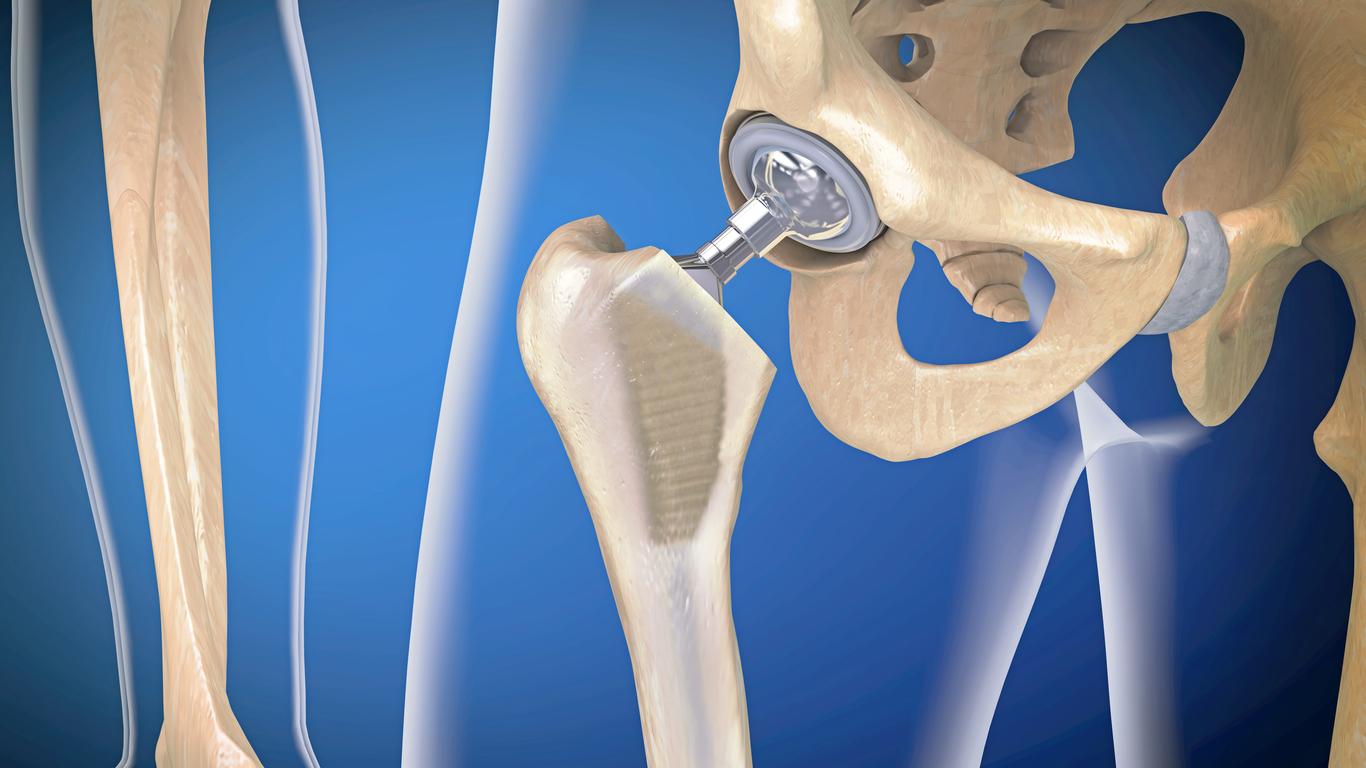With Levothyrox, 45 drugs would be threatened with out of stock. Highly problematic situations, judges the Order of Pharmacists which has established the causes of this recurring problem.

Three million worried patients, a few days ago a patient association sounded the alarm. Levothyrox, prescribed to remedy failures of the thyroid gland, was threatened with out of stock. Faced with the concerns of patients and pharmacists, an emergency procedure was put in place. However, it is the 6e best-selling drug in France, according to the ranking established for 2012 by the Health Insurance.
And this problem is not isolated. In its August 17 edition, Le Parisien reports that, according to the National Medicines Safety Agency (Ansm), 45 drugs are currently out of stock, and 17 could be soon. They are used to treat benign illnesses such as serious pathologies, cancer and AIDS in particular. And yet, some pharmacies are unable to provide them within 3 days.
The phenomenon is not new, “since 2006, health professionals have observed a significant increase in the number of drug supply disruptions”, notes the Order of Pharmacists in a report produced in October 2012. The institution n do not hesitate to speak of “highly problematic situations”.
Several causes have been identified, depending on the ordinal instance:
– “A smaller number of pharmaceutical laboratories manufacture drugs for a much larger territory”. China, in particular, has become a major consumer of drugs;
– “the manufacture of finished products as active ingredients by a single source is frequently cited as a risk factor for ruptures”;
– “an extension of the indications / uses of certain products”;
– “some manufacturers must stop the production of certain drugs, for reasons of efficiency, product age or manufacturing difficulties that may be linked to new regulatory or quality requirements”.
– “insufficient quantity and / or quality of raw material”. Sometimes, explains the Order, “the same supplier of raw materials supplies several manufacturers, making it impossible to resort to a different source in the event of failure of this supplier”. If a non-compliance is noted by the control authorities requiring production to be stopped, the medicinal product is therefore no longer manufactured during the period of compliance.
In addition to these manufacturing and production reasons, there are other causes linked to consumption and distribution patterns. To anticipate possible shortages, some patients ask their doctor for prescriptions of convenience. For their part, pharmacists are increasingly working just in time and limiting stocks.
.
















